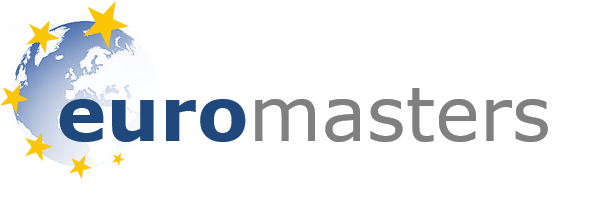After a winter break, students resume the programme with Specialist Module I. This module will be offered at four EAUC sites with different focus areas:
- Bath: Europe in an International World – Trade, Security, Crime
- Berlin: Democratic Governance and Foreign Policy in Europe
- Chapel Hill: European Politics from an Transatlantic Perspective
- Grenoble: Policies and Practices of international Organizations
Bath: Europe in an International World – Trade, Security, Crime
Organised Crime in Europe: Threats and Challenges
The unit aims to identify the main theoretical concepts adopted to analyse organised crime; study the ways in which these issues constitute a challenge to the idea of the nation-state and democracy; and explore the extent to which these topics represent new and non-traditional security threats.
International Security: The Contemporary Agenda
This unit aims to identify and analyse the main currents in the academic and policy debate on the contemporary international security agenda, and explore the nature of contemporary international security by analysing specific policy issues in regions such as Europe, the Middle East, Central Asia, East Asia and Africa.
Britain and Europe
This unit explores Britain’s difficult relationship with the European Community/European Union and the extent to which it can be regarded as exceptional in its position on European integration
Theories of Conflict and Conflict-Resolution
This unit introduces students to contemporary peace studies, and familiarises students with the theory and practice of conflict-resolution and mediation theories in international and domestic settings.
Economic Foreign Policy
This unit familiarises students with international trade theory, international institutions and their effects on domestic politics and markets and their significance in creating global governance rules. The unit pays particular attention to the trade policies of the European Union, United States and China and their effects on third parties, and explores contemporary developments in trade agreements and negotiations.
International Organisations and the World Order
This unit familiarises students with regime theory, and with the sunctional institutional set-up of international organisations, and their significance as international actors and as venues where international relations are played out.
More on the University of Bath
Berlin: Democratic Governance and Foreign Policy in Europe
Comparative European Government
The unit aims to provide a systematic comparison of liberal Western democracies concerning typologies of institutional settings, decisionmaking structures and the processes and various types of actors involved in modern mass democracies.
Facets of Europeanization
In addition to the Core Courses, students are expected to take two additional classes from the course catalogues of the Berlin-Potsdam university region.
More on Humboldt-Universität zu Berlin
Chapel Hill: European Politics from a Transatlantic Perspective
The semester at Carolina focuses on contemporary Europe and the Transatlantic relationship. Students will examine the U.S. and European nations within a comparative framework.The course offerings include two required Political Science courses plus an elective. The required Political Science courses vary each year but are frequently taught by UNC-CH faculty such as Professors Liesbet Hooghe, Gary Marks, Don Searing and Milada Vachudova. The Visiting DAAD professor affiliated with TAM may also teach one of the two required courses.
Elective
Students will choose a third course from a list of electives. This list will most likely vary year-to-year but may include such courses as: American Environmental Policy, Framing Public Policies, Tolerance and Citizenship in TransAtlantic Perspective, The Constitution of the United States, Civil Liberties under the Constitution, Mass Media and American Politics, and United States National Elections.
More on the University of North Carolina at Chapel Hill
